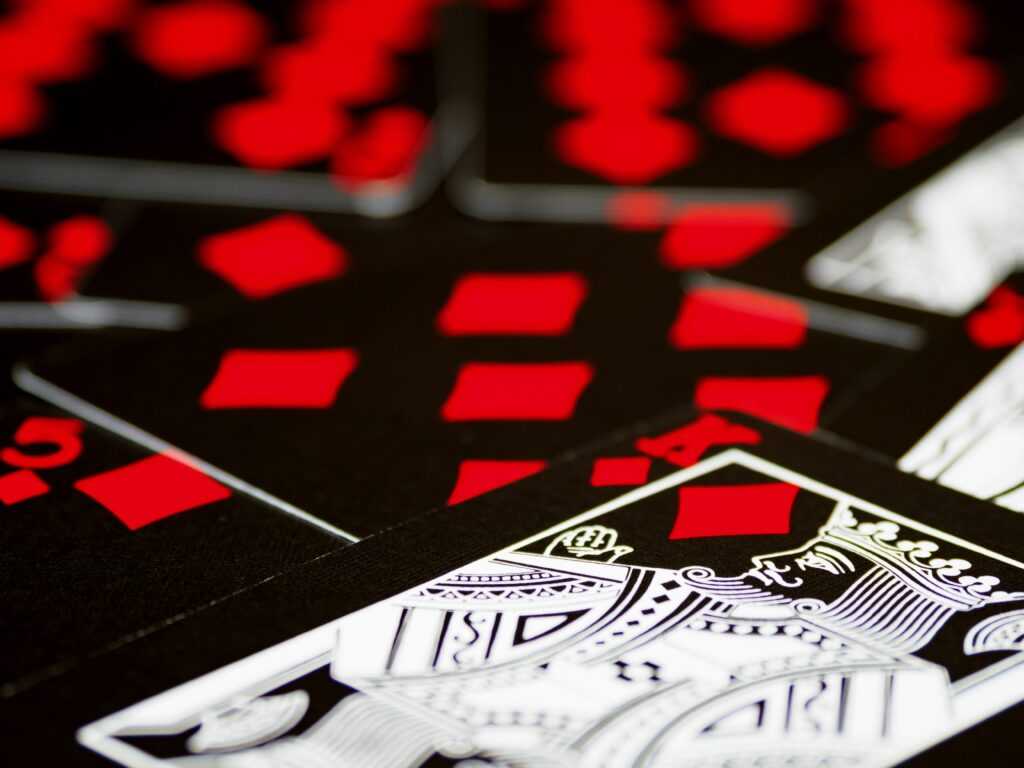What is Butindtte, Anyway?
The word butindtte doesn’t exactly roll off the tongue, and let’s be honest—it looks like a typo at first glance. But it’s not.
Though it hasn’t made its way into mainstream dictionaries (yet), some interpret butindtte as a mashup or neologism that’s emerged from online forums or gaming culture. In this context, it functions more as slang—an inside joke, a filler word, or even a code word with flexible meaning depending on the digital neighborhood where it’s used.
If language is fluid, then butindtte is very much swimming in the experimental surf. The important thing isn’t what the word means on paper—it’s how it’s used, and by whom.
Origins: Real or Invented?
Trying to trace the exact origin of butindtte is like chasing smoke. It doesn’t appear in formal linguistic databases. Google searches? Sparse. Reddit threads? A few—but vague.
What we do know is that butindtte likely emerged as a part of digital subculture. This includes message boards, chat rooms, or game lobbies—places where language gets remixed constantly. Think of it like an inside handshake, a soundbite with layered meaning depending on who’s saying it and where.
Language in these spaces moves fast. Words emerge from mistyped lines, outofcontext quotes, or just for the fun of it. Butindtte fits this mold exactly—organic, unfiltered, and still taking shape.
Everyday Use in Niche Circles
In the digital wild, butindtte serves more like seasoning than the main dish. You might see it thrown into conversations as a signal, a way to reset tone, or simply as comic relief. Think of it like “yeet,” “oof,” or the nowold “lol.” No hard definition, just shared usage.
Example in use: “I tried to explain it, butindtte, they weren’t getting it.” “He rage quit, so we just sat there like…butindtte.”
This lowstakes flexibility gives it longevity. People who use slang like this aren’t always trying to be understood by everyone—just their circle.
Is It a Memetic Artifact?
Every now and then online culture coughs up a phrase that exists purely because people like how it sounds. Memes, random TikTok audio, and botgenerated texts can all spark these miniphenomena. Butindtte carries that energy.
It might’ve started as a typo. Maybe someone mashed keys and liked the rhythm. Maybe it means something in another language and got coopted. Or maybe it’s complete nonsense—and that’s the point.
These kinds of terms often become signals. They say: “I’m part of this digital moment.” That subtle social glue is what pulls communities together online—and butindtte is part of that toolkit.
butindtte in Creative Projects
Interestingly, we’re even starting to see butindtte pop up in short stories, zines, and microfiction challenges. Writers who hover in experimental or absurdist corners of the internet use it playfully. Flash fiction pieces might sprinkle it in as a refrain or code between characters.
Visual artists? They’re hopping on too. It’s shown up on typographic posters and sticker packs on indie sites. In this context, butindtte isn’t just text—it’s aesthetic.
Will It Stick Around?
Here’s the thing: most slang dies fast. It burns bright, gets memed to death, then vanishes. But the fact that butindtte resists definition might actually give it longer life. It’s not tied to a single meaning, and that ambiguity protects it.
In community management and branding circles, having a word like butindtte floating around can even signal tribal belonging. Use it, spot who responds, and now you’ve narrowed your crowd.
Don’t expect it to turn into the next “vibe,” but give it time—it’s agile enough to adapt.
Why Should You Care?
Maybe you’re wondering why any of this matters. Fair. But language doesn’t just reflect culture; it builds it. And when new words come up—especially weird ones like butindtte—they often reveal unexpected truths about group identity and cultural shifts.
Plus, having a flexible term in your back pocket? Never a bad thing. If nothing else, you’ll confuse your coworkers long enough to redirect that awkward Monday chat.
Final Thoughts
Butindtte may never make it to MerriamWebster, and that’s fine. It’s not trying to be Oxfordapproved. It lives where slang, community, and internet humor collide. The next time you see it, just know that behind the nonsense lies a surprisingly clever piece of internet culture—and probably a lot of laughter typed behind a screen.
Language is always on the move. Butindtte is just another marker of how fast things morph in digital space. Use it. Adapt it. Or just smile when you see it.




